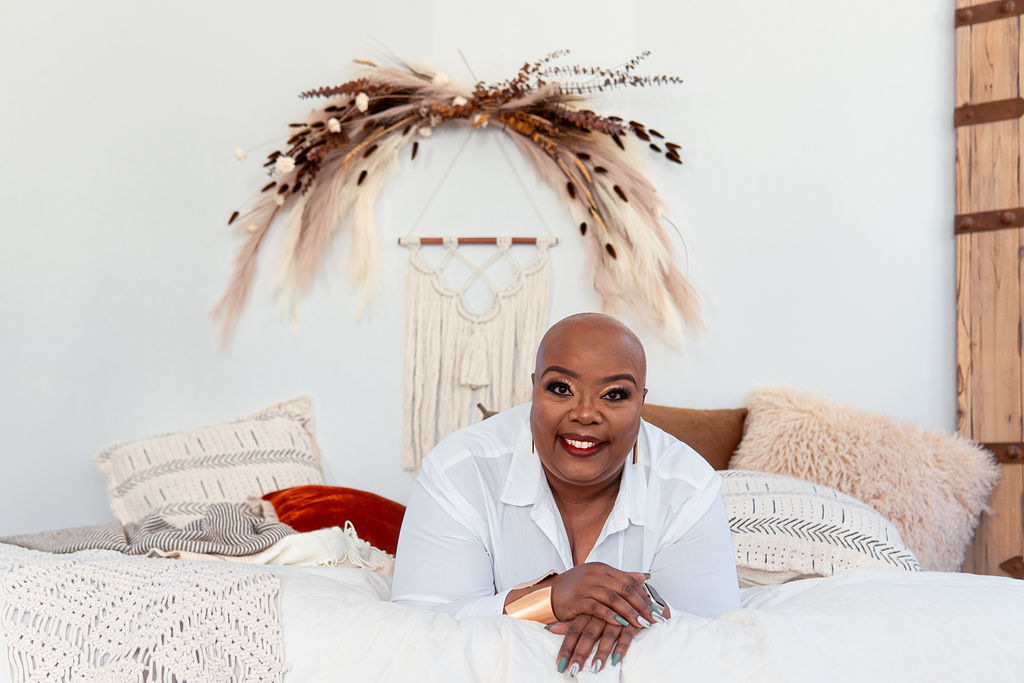We were lucky to catch up with Alicia Harris recently and have shared our conversation below.
Alicia, looking forward to hearing all of your stories today. Was there a defining moment in your professional career? A moment that changed the trajectory of your career?
I spent 16 1/2 years working in the insurance industry as a young professional. This field provided a decent income as well as great benefits for myself and my three young children. As a single parent, it was comforting to know that I had the financial means and the healthcare opportunities to run my household successfully. After my children became young adults, I began exploring my identity outside of being mom and really praying about how I wanted to impact society. This is when I returned to school and pursued my master’s in professional mental health counseling. I knew I was meant to help others who were experiencing difficulty, but I was not sure how to do that in a professional manner.
Upon enrollment and taking my first course, I knew that I was right where I needed to be and this changed the trajectory of my life and career. I completed my degree, became licensed, and began working in the behavioral health space. It gave me a renewed sense of purpose and fed the passion I have for seeing others become the best version of themselves. This taught me that we all have a purpose, even though I was a mom, I realized that there was more for me to do and other ways I needed to contribute to the world around me.
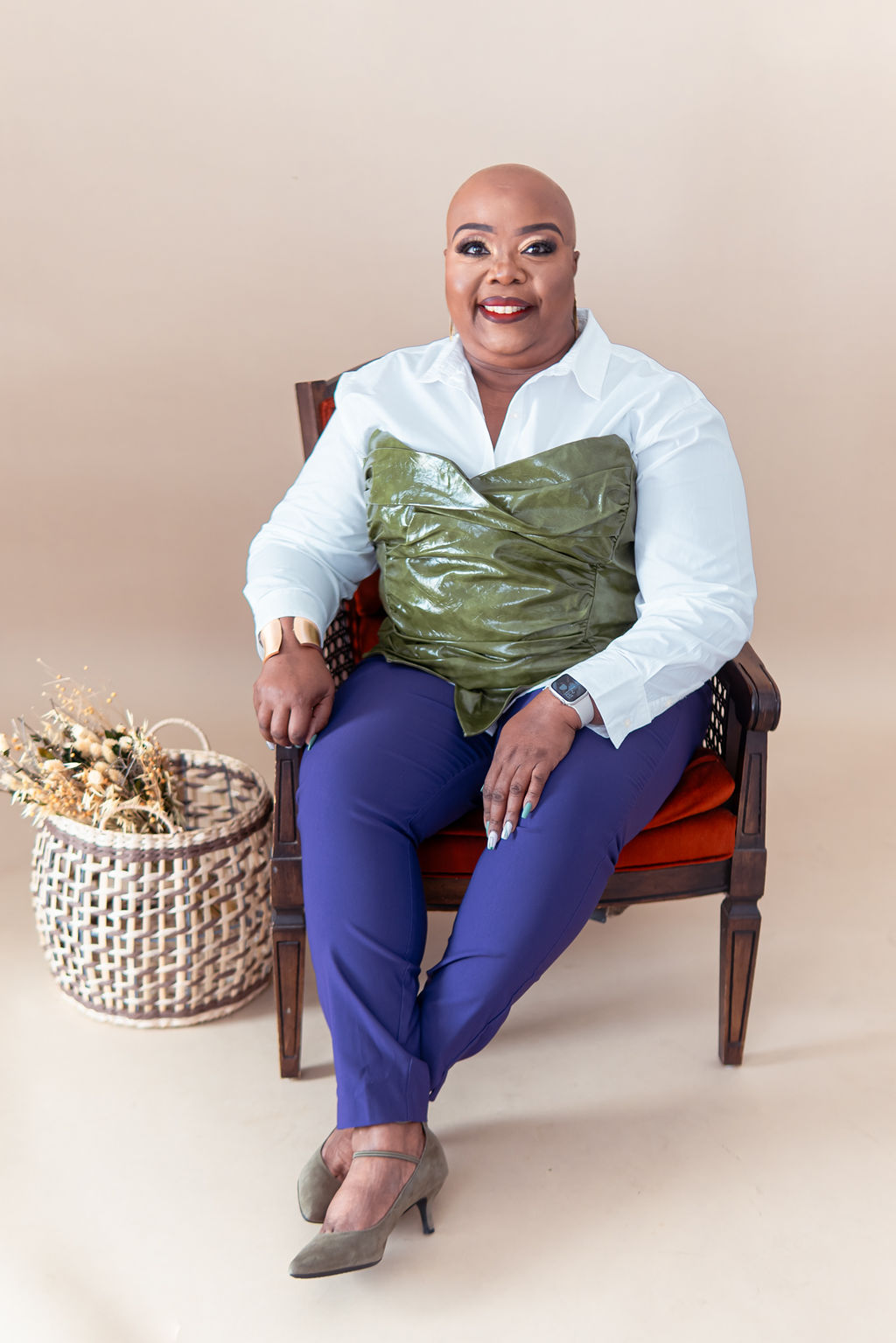
Great, appreciate you sharing that with us. Before we ask you to share more of your insights, can you take a moment to introduce yourself and how you got to where you are today to our readers.
I am a cisgender, Black, Christian woman who has Alopecia. My identity was impacted by a diagnosis of Alopecia over 16 years ago when my doctor noticed a bald spot in the top of my head. I was referred to a specialist (dermatologist) who performed a scalp biopsy which confirmed Scarring or Cicatricial Alopecia. This diagnosis turned my world upside down as I had to embrace the impact it had on my identity. I went through numerous rounds of scalp injections to stimulate the hair follicles only to be disappointed as the efforts failed. It was at that moment that I had to do some soul searching regarding my appearance and viable options. I spent over 10 years trying to hide the fact that I had Alopecia until one day a pivotal moment happened and I decided to take control of my appearance and reveal to everyone the fact that I had Alopecia.
Since embracing this diagnosis and new normal, I have been on a quest to help and support others dealing with Alopecia or any type of hair loss. I started a Facebook community support page that provides education and support as well as a non-profit dedicated to creating psychologically safe environments for people looking for community. The name of the non-profit is PIECES A Soulful Journey with Alopecia. We offer education, community involvement, and awareness events. I have trichologists that I work closely with who offer services related to healthy hair care. In 2024, I hosted the first annual BeYoutifull project with the purpose of spreading awareness surrounding self-acceptance and self-love during the month of September. We are gearing up for the 2025 BeYoutifull Project.
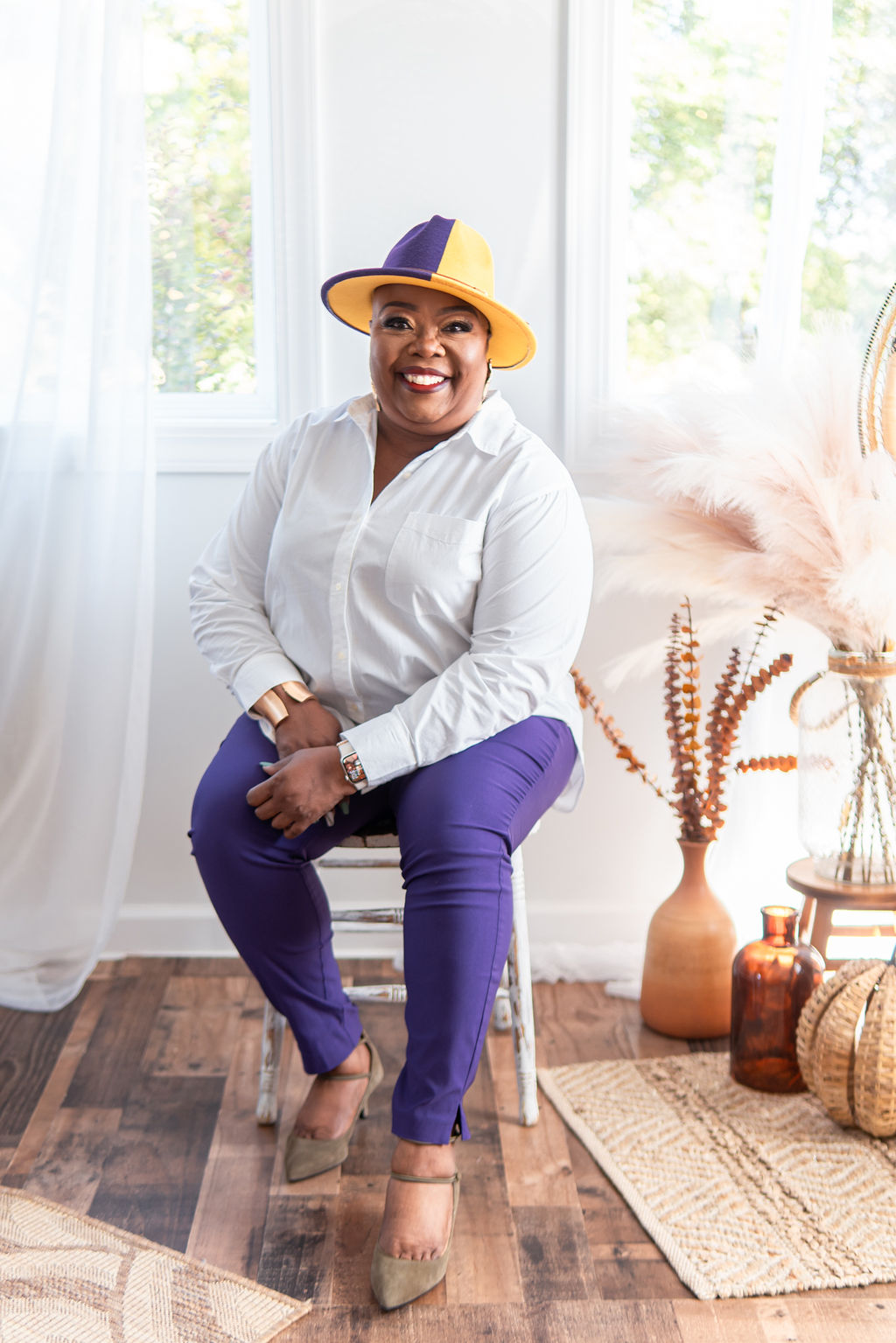
Any advice for growing your clientele? What’s been most effective for you?
The most effective strategy has been the use of social media. I manage three pages between Facebook and Instagram that shares content relating to Alopecia awareness. Although it is extremely time consuming, it has been beneficial in making connection with others who are in the field. I also host virtual as well as in person events. Some followers are not local but very supportive, the virtual events provide opportunities for non-local followers to get involved.
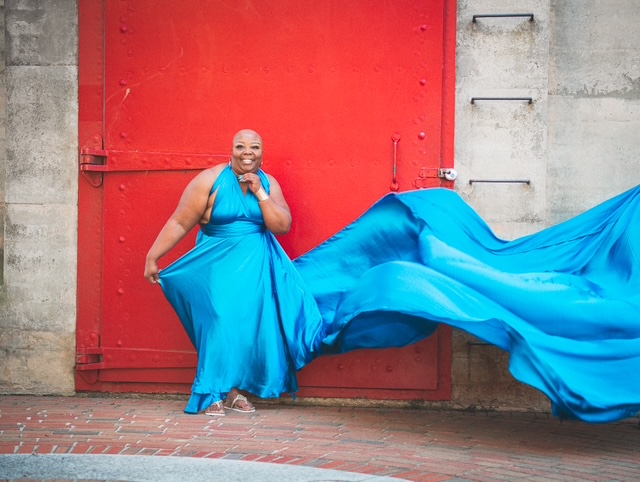
Putting training and knowledge aside, what else do you think really matters in terms of succeeding in your field?
Having a passion for helping others has been instrumental to continued success. When I was diagnosed initially, I internalized feelings of low self-worth and self-esteem, however, over a period of time and meeting people dealing with Alopecia, I knew that I had a responsibility to speak up about my diagnosis. Having compassion is another needed attribute. We are all at different stages with our diagnosis and when you understand that it allows you to be more intentional with the people you come in contact with.
Contact Info:
- Instagram: Pieces_ASJWA
- Facebook: Pieces A Soulful Journey with Alopecia
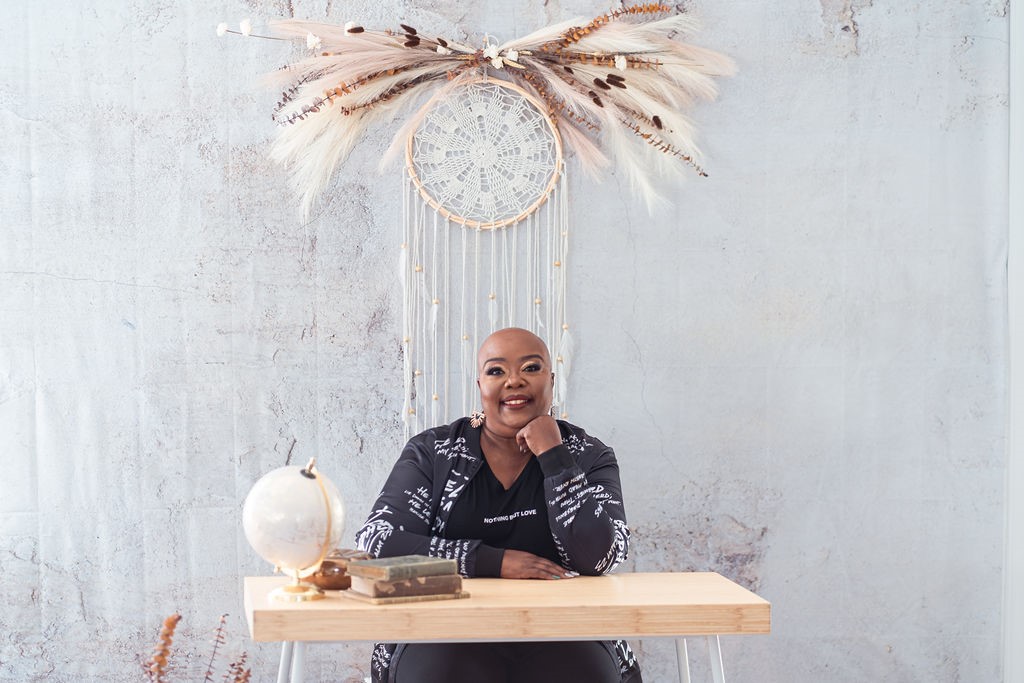
Image Credits
Photographers: Brittany Dorn, Onita Simpson


